In a pivotal 6-3 decision on Friday, the Supreme Court made it more challenging to charge Jan. 6 defendants with obstruction, a ruling that could impact scores of cases.
The ruling was notably not split along ideological lines, underscoring its significance.
Key Justices and Their Stances
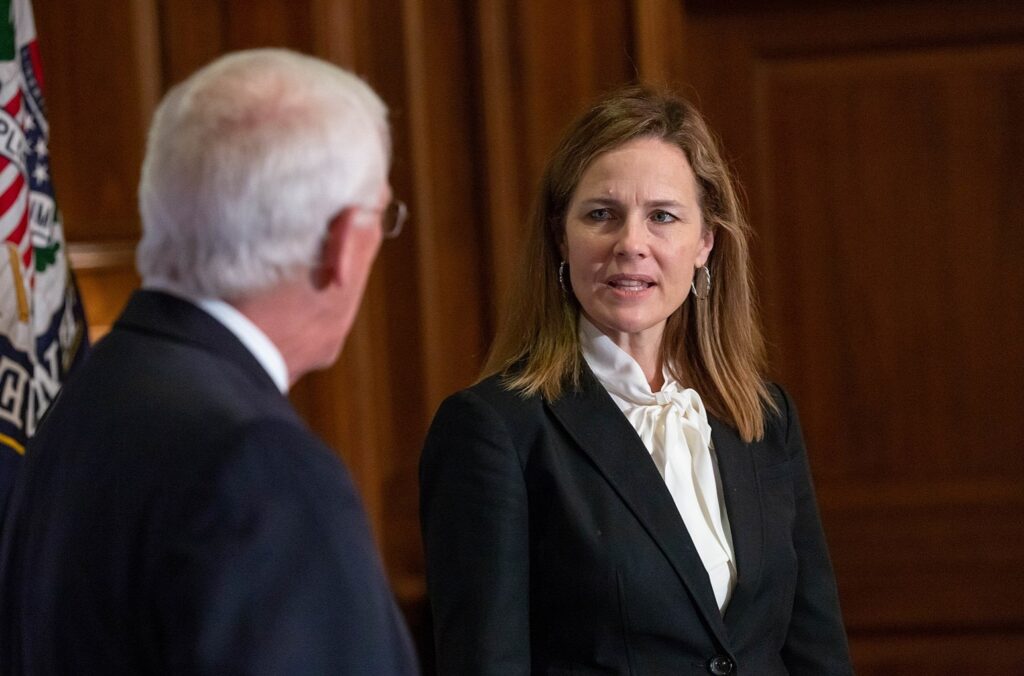
Justice Ketanji Brown Jackson, appointed by President Biden, joined the majority in Friday’s landmark decision, in sharp contrast to her strong words against Idaho‘s abortion ruling, which she bitterly criticized as a setback for “pregnant patients.” (RELATED: Supreme Court Allows Emergency Abortions To Resume In Idaho)
In a surprising move, Justice Amy Coney Barrett broke away from her conservative peers and sided with the minority.
Case Spotlight: Joseph Fischer
The decision directly involves Joseph Fischer, a former police officer from Pennsylvania. Fischer, who participated in the U.S. Capitol riot, faces an obstruction charge among several other accusations, including assaulting a police officer and disorderly conduct.
Fischer’s appeal specifically targeted the obstruction charge under Section 1512(c)(2). His defense argued that this statute, originally crafted to tackle evidence tampering following the Enron scandal, was being misapplied to his actions on Jan. 6.
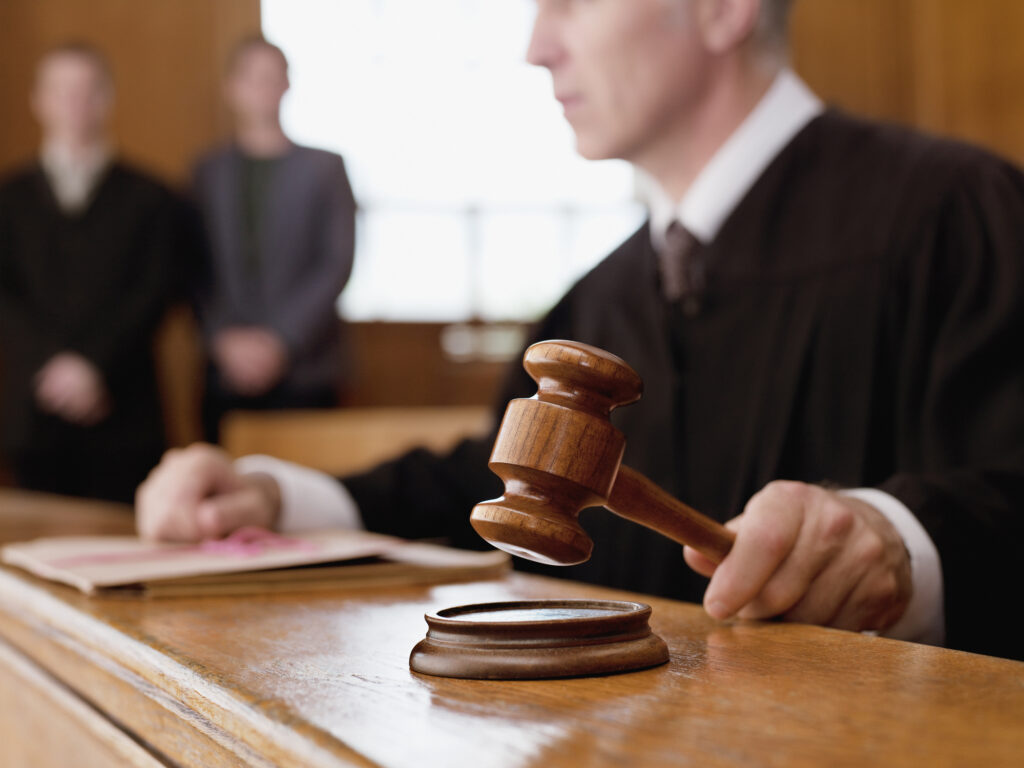
They asserted that the law’s intended scope was being overly stretched to cover protest activities. On the other hand, the government argued that the statute’s broad language was deliberate, designed to address various obstruction forms, including those that disrupt official proceedings like the certification of electoral votes.
Understanding Section 1512(c)(2)
Section 1512(c)(2) penalizes those who “corruptly” obstruct, impede or interfere with official congressional investigations, carrying a maximum sentence of 20 years. The Justice Department utilized this statute to prosecute individuals whose actions postponed the Electoral College vote count on Jan. 6. However, Fischer and many others contended that the Biden administration‘s DOJ had repurposed the law from its original focus on document tampering to now include those involved in the Capitol riot.
The Hill further reports:
The Supreme Court’s decision could have profound implications on the Justice Department’s years-long prosecution of the Capitol attack.
More than 350 rioters were charged with obstructing an official proceeding after mobbing the Capitol on the day Congress was set to certify now-President Biden’s win against Trump. Several members of the extremist Proud Boys and Oath Keepers groups were convicted of the charge, including the leaders of each group, Enrique Tarrio and Stewart Rhodes.
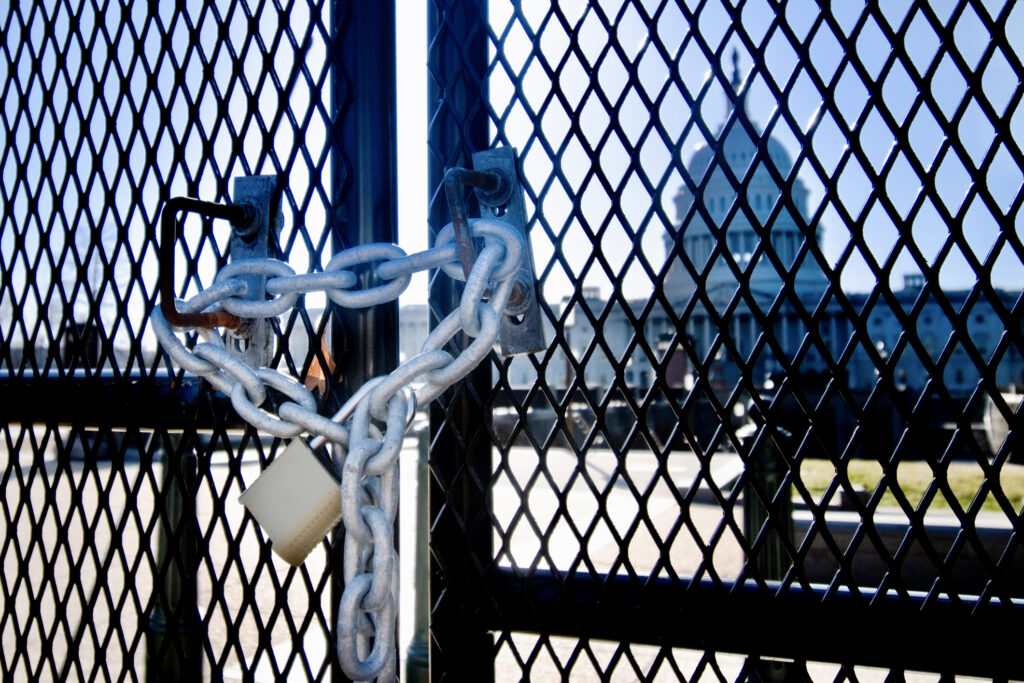
Though most also faced other felony counts, 50 rioters were sentenced with the obstruction law as their only felony, according to Prelogar.
Jackson signaled in a separate opinion that she believed it is possible for Fischer and the other defendants to still be prosecuted under the charge.
“That issue remains available for the lower courts to determine on remand,” she wrote.
Broader Implications
The Supreme Court ruling may not only influence Fischer’s case but numerous other Jan. 6 defendants. It may even extend its impact to former President Trump, who faces related legal challenges.
Article Published With The Permission of American Liberty News.


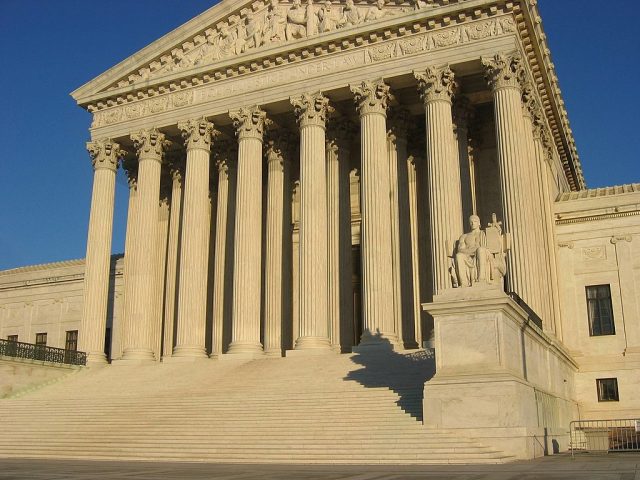
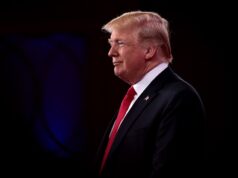
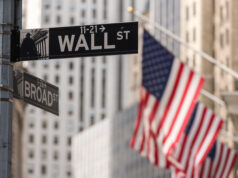

Free the J6ers now